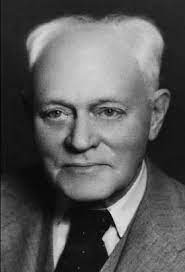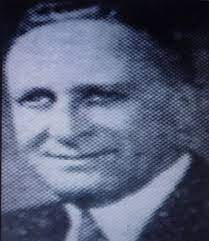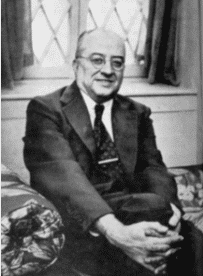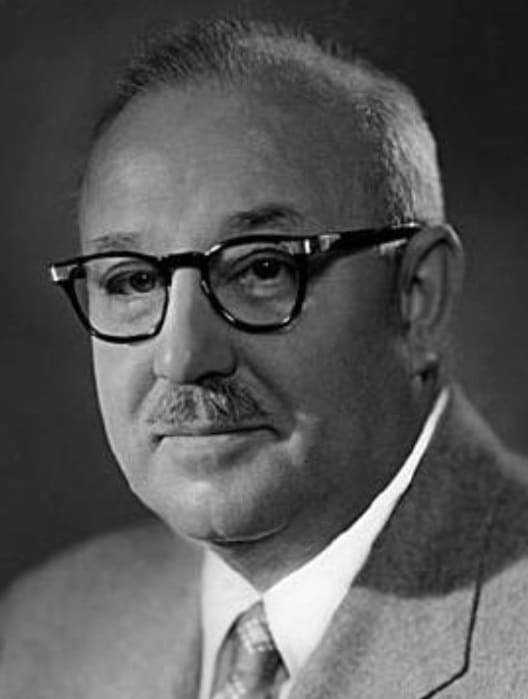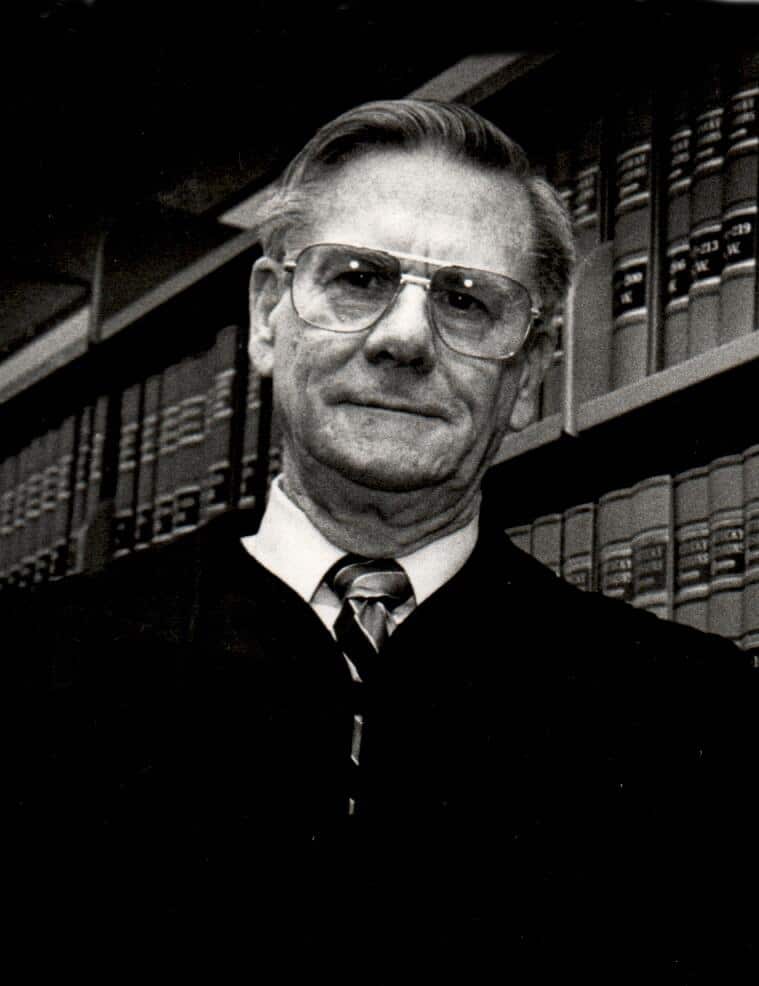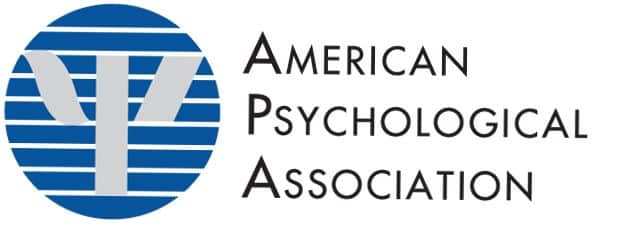
What is the cause of my drinking? When I begin drinking I never intend for it to get so out of control. When I sober up I vow that I’ll never do it again but the day always comes when I drink again. What is wrong with me? Am I supposed to take the advice of a bunch of drunks? What does the medical community think of their program of recovery?
William Silkworth, M.D., a non-alcoholic, gives us his opinion of the soundness of the program of recovery outlined in this book. He also explains his theory of why alcoholics are unable to control their drinking. The doctor’s description of alcoholism shows clearly the dire physical condition of the alcoholic. This illustration begins to explain why the alcoholic is seemingly beyond help.
Dr. Silkworth was the medical director, specializing in the treatment of alcoholics and drug addicts, at the Charles B. Towns Hospital located in New York. What better credentials could a person have to review this program of recovery? Dr. Silkworth’s appraisal of A.A.’s program shows this great appreciateion for it’s effectiveness. He recounts instances of alcoholics, whom he doubted could ever recover, being restored to health by the application of the principles set forth in this volume.
Dr. Silkworth’s theory is that the craving an alcoholic experiences after the consumption of alcohol is the manifestation of an allergy. This seems to make sense in light of our experience. The doctor’s description of the physical symptoms of alcoholism helps us to diagnose ourselves. The doctor continues to describe the symptoms of alcoholism and the different types of alcoholics. Dr. Silkworth plainly states that the general opinion among physicians is that chronic alcoholics are doomed. The doctor finishes on a hopeful note describing how two early A.A. members, though seemingly hopeless, discovered and applied the solution offered in this book.
Dr. Silkworth’s advice is for us to read the book through. His hope is that we will accept the solution offered therein





